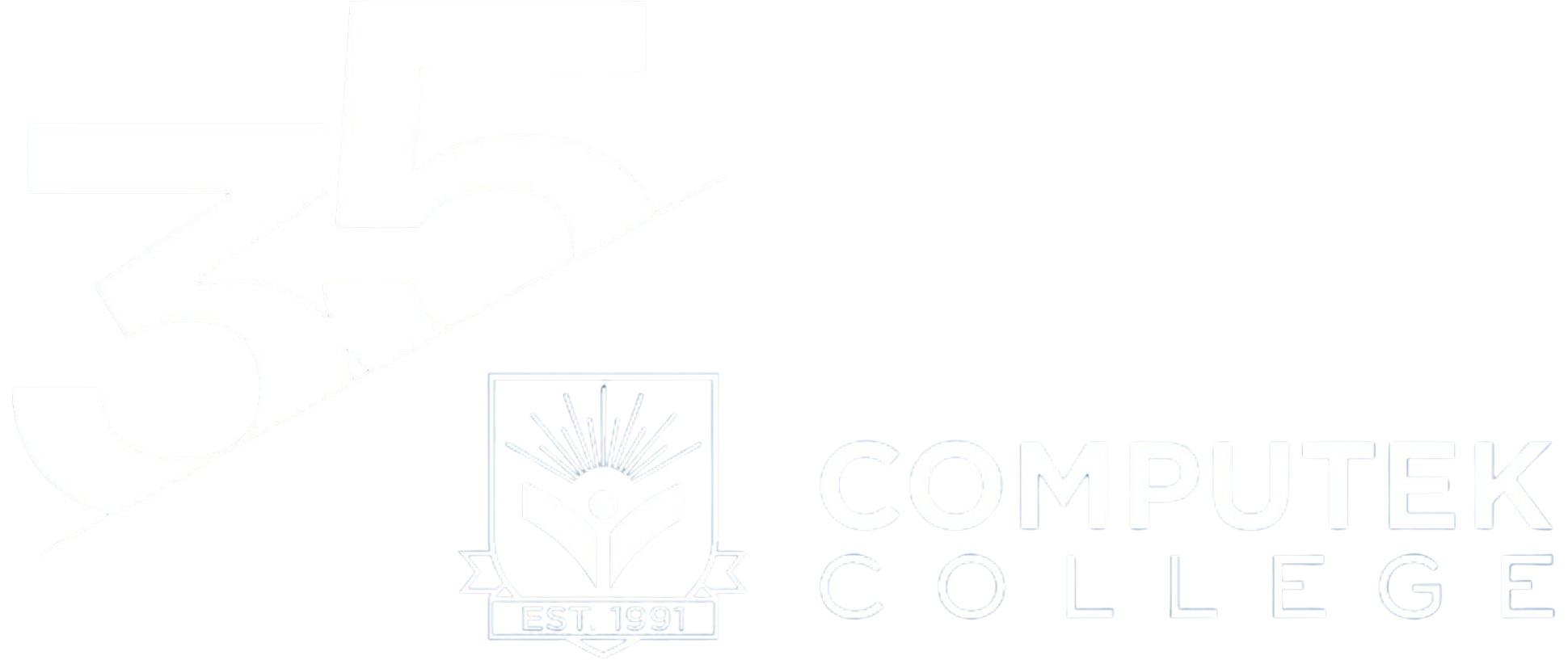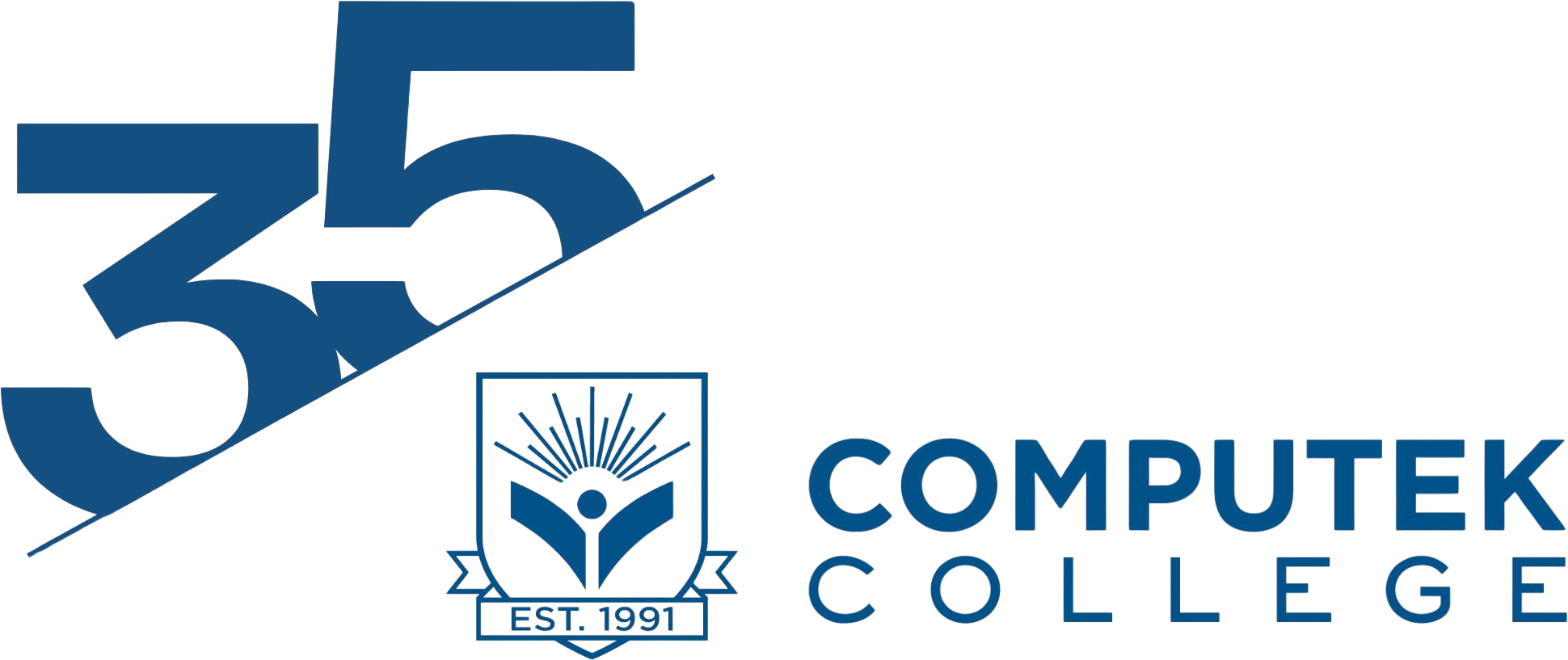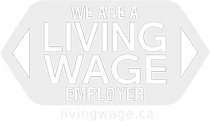Employees getting paid correctly and on time forms the heart of most companies. Whatever the reasons employees join a company, the paychecks arriving at the end of the month are undoubtedly one of the things that drive them to do what they are doing.
A payroll administrator is a person who makes sure this happens month on month seamlessly.
If this is something that you want to do, keep reading to find out how to become a successful payroll administrator.
Education
If you want to become a payroll administrator, one of the first things to consider is the education requirements. Most payroll specialists have a bachelor’s degree in Accounting or a related field, but the minimum requirement is a high school diploma or a General Education Development (GED) certificate.
Certification
Certifications are essential to showcase your skills to your potential or current employees. It can also help climb up the career ladder. A few certifications which will help you get started are :
Fundamental Payroll Certification (FPC)
This certification is for entry-level payroll professionals. The American Payroll Association provides FPC. Sales professionals, payroll consultants, and payroll service providers can also take up this certification to prove their basic payroll skills.
Certified Payroll Certification (CPC)
This certification is also provided by the American Payroll Association for professionals with minimum 18 months of relevant experience and who have completed the FPC certification.
Microsoft Office Certification
As a payroll administrator deals with excel sheets, numbers, and presentations on a daily basis, earning a certification in the Microsoft Office suite will boost confidence and enhance efficiency.
Soft Skills
Payroll professionals must have a great blend of hard and soft skills. They deal with large sums of money on a daily basis, perform complex calculations, and keep records while meeting strict deadlines. Payroll professionals have access to employees’ confidential information, so they must be discreet and trustworthy.
Mathematical Skills
It is almost evident that payroll professionals should be excellent at crunching numbers. Good number skills will help avoid mistakes and complete complex calculations like tax deductions, variable pay, and so on.
Organization skills
Payroll administrators have a long checklist of tasks to be fulfilled each month—all of this must be done on time and accurately. Being well organized will help you process everything on time and improve productivity.
Attention to Details and Problem Solving
Dealing with complex calculations, keeping records, and handling private data every day demands attention to detail to avoid mistakes. Even if a problem arises, you must be efficient enough to resolve it logically and promptly.
Staying Calm
Payroll administrators are frequently bombarded with questions and complaints from employees about their pay, variable pay, tax deductions, and other benefits. The job requires staying calm, checking for discrepancies, and providing accurate information to make employees feel better. Maintaining a calm demeanor will also aid in maintaining performance standards while accurately calculating and adhering to strict deadlines.
Ready to start your career as a payroll administrator? Whether you’re looking to jump into this field or develop your existing skills, you can join our Accounting,Payroll and Tax Diploma Program at Computek College. With hands-on training in all aspects of payroll and accounting, you are sure to launch a successful career. Call 416-321-9911 or contact us to enroll today.








